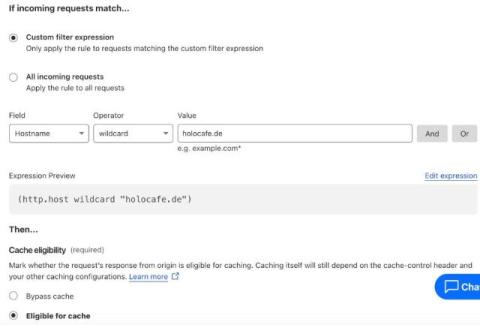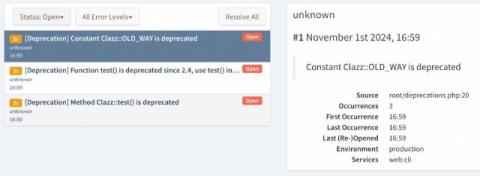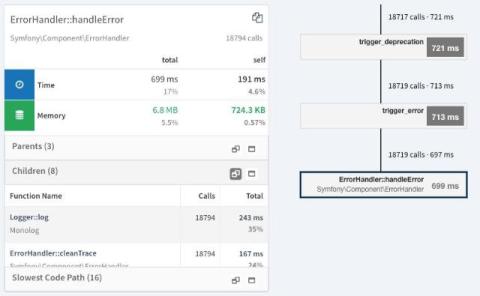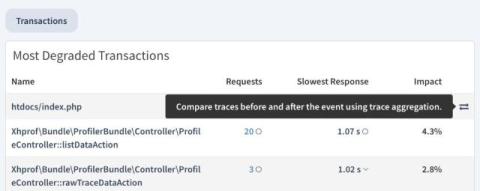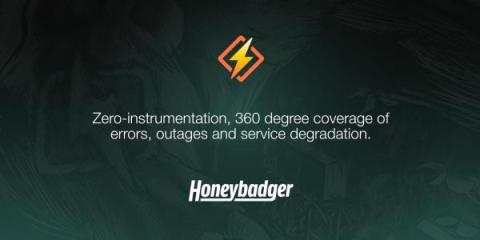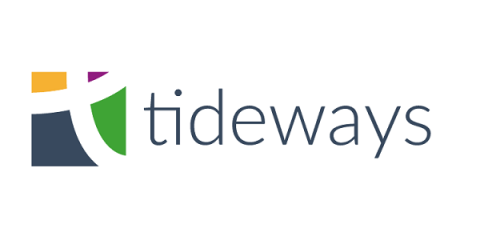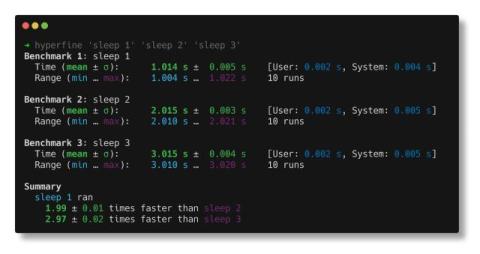What is PHP FPM? An In-Depth Guide
PHP is one of the most widely used server-side scripting languages, driving a significant portion of the web. As websites grow in complexity and traffic, optimizing PHP for performance and scalability becomes essential. PHP FPM (FastCGI Process Manager), is a tool designed to enhance PHP's efficiency. In this blog, we will explore what PHP FPM is, how it works, and why it is essential for modern web applications.




